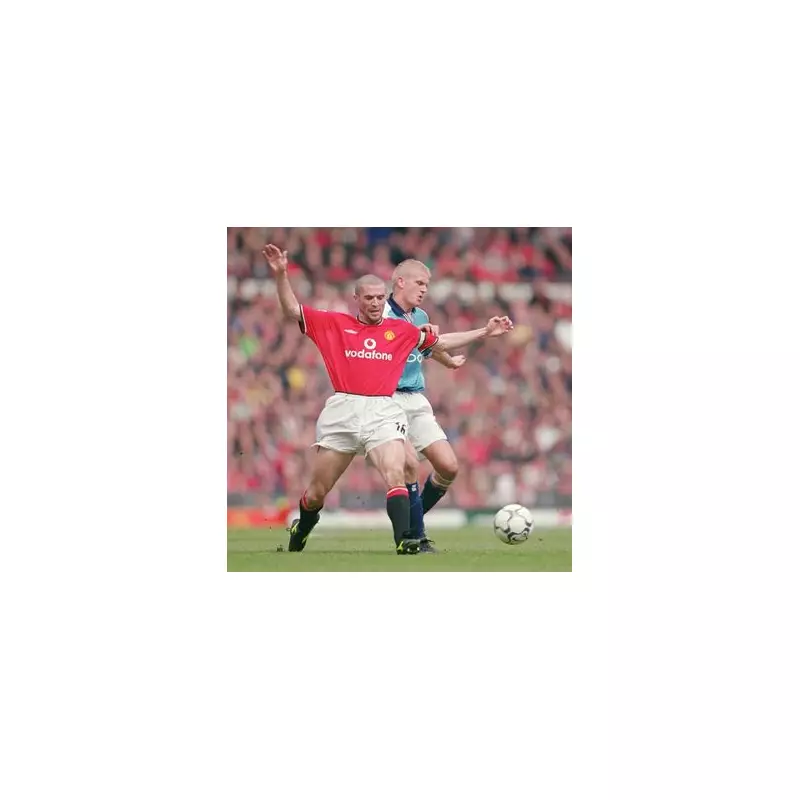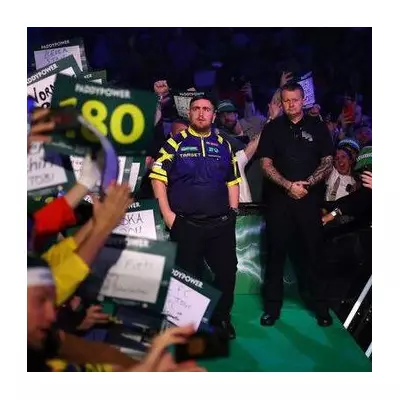
The long-standing and bitter feud between football icons Roy Keane and Alf-Inge Haaland has been reignited, with the former Manchester United captain offering a fresh verdict on his infamous horror tackle from 2001.
The Origin of a Bitter Rivalry
The animosity between the two players first ignited in 1997 during a match between Manchester United and Leeds United. Keane suffered a devastating anterior cruciate ligament rupture, and Haaland's reaction became the catalyst for years of hostility. The Norwegian midfielder stood over the injured Keane, accusing him of feigning his injury.
Reflecting on that moment, Haaland later stated he simply told Keane to 'get up' as one normally would, insisting he had no malicious intent. However, for Keane, this public dismissal of a serious injury planted a seed of rage that would fester for years.
The Infamous Old Trafford Revenge
Four years later, in 2001, Keane got his chance for retribution during a Manchester derby at Old Trafford. With Haaland now playing for Manchester City, Keane seized the moment, launching into a tackle that saw him stamp forcefully on his rival's knee.
The incident resulted in an immediate red card. The true nature of the challenge was later confirmed in Keane's 2002 autobiography, where he admitted the act was deliberate, writing: 'I'd waited long enough. I f****** hit him hard. The ball was there (I think). Take that, you c***. And don't ever stand over me sneering about fake injuries.'
The Lasting Fallout and Differing Perspectives
The initial punishment was a three-match ban and a £5,000 fine. However, after Keane's confession of premeditated intent in his book, the Football Association imposed a much harsher penalty: an additional five-match suspension and a staggering £150,000 fine.
To this day, their perspectives on the tackle and its consequences remain worlds apart. Speaking recently on the Stick to Football podcast, the 54-year-old Keane remained unapologetic, drawing a clear distinction between intent to harm and intent to injure.
'I still don't think it was a bad tackle, I really don't. I don't care what anyone says,' Keane stated. 'I was trying to hurt him, not injure somebody. There's a big difference.' He also pointed out that Haaland played for Norway just four days later and continued to feature for City.
Alf-Inge Haaland, however, tells a different story. He retired from professional football in 2003, citing an injury to the leg opposite the one Keane targeted. In a 2024 statement, he questioned the connection, suggesting the force of the challenge could have led to the injury on his other leg.
'I haven't played a full 90 minutes after that incident, that's the hard fact,' Haaland revealed. 'I found out afterwards that it was with intent and he was seeking revenge... I think that's a bit sad. Sad for football and it was not good for me either at the time.'
This stark contrast in accounts ensures that one of the Premier League's most notorious feuds continues to be debated nearly three decades after it began.




